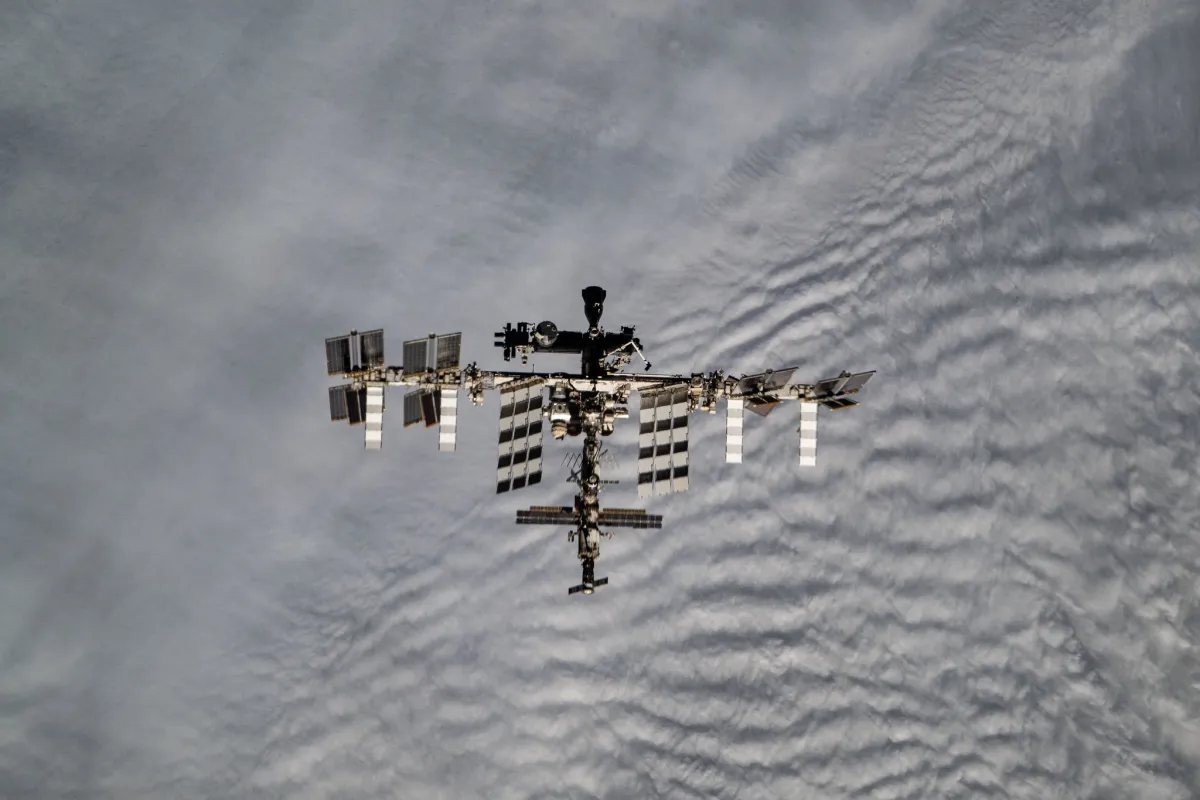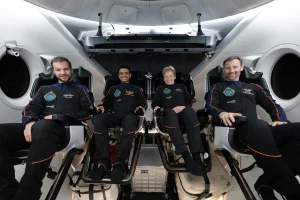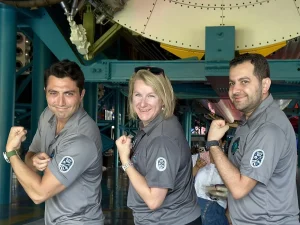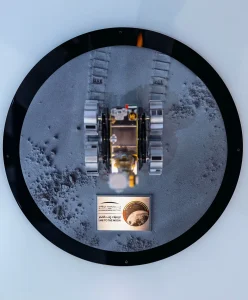According to Spacenews, For over two decades, the International Space Station (ISS) has been a cornerstone of human space exploration and scientific discovery. But as its operational life approaches its end in 2030, the focus is shifting towards the new generation of commercial space platforms, ushering in a transformative era for space exploration. The transition to these private sector-driven platforms, developed by companies like Axiom Space, Blue Origin, Sierra Space, and others, presents both challenges and opportunities for the ISS implementation partner community—the engineers, scientists, and small businesses that have been integral to the ISS’s success.
The ISS implementation partner community has long been a driving force behind the breakthroughs in microgravity research, from medical advancements to cutting-edge materials science. As we move towards a future dominated by commercial space stations, ensuring these partners’ survival is key to sustaining the progress made in space. These entities, though small, are pivotal in crafting the future of space exploration, and their deep knowledge and expertise cannot be replaced overnight.
The transition to commercially operated space platforms promises flexibility and scalability, but also brings uncertainty. Unlike the government-managed ISS, commercial platforms will operate under diverse business models and market-driven access protocols. This shift demands that the implementation partner community adapts while maintaining its collaborative ethos—a balance that is crucial to their survival and continued innovation.
Why does their survival matter? The ISS implementation partners are not just critical for NASA’s goals—they are key players in the LEO economy. By adopting a smart procurement strategy, NASA can ensure that these niche companies continue to thrive, allowing them to contribute to the development of next-generation space technologies and ensuring economic stability. The expertise gained from decades of ISS operations is invaluable and must be preserved to avoid a setback in scientific progress.
As we look to the future, the survival of the ISS implementation partner community is essential for the continued growth and success of space exploration. This community will play an instrumental role in bridging the gap between current LEO operations and the future of deep space missions, like NASA’s Artemis program, which aims to send humans back to the moon and eventually to Mars.
Join us at the Space Travel Summit 2025 as we explore the vital role of these partners in the future of space exploration.
Source: Spacenews






